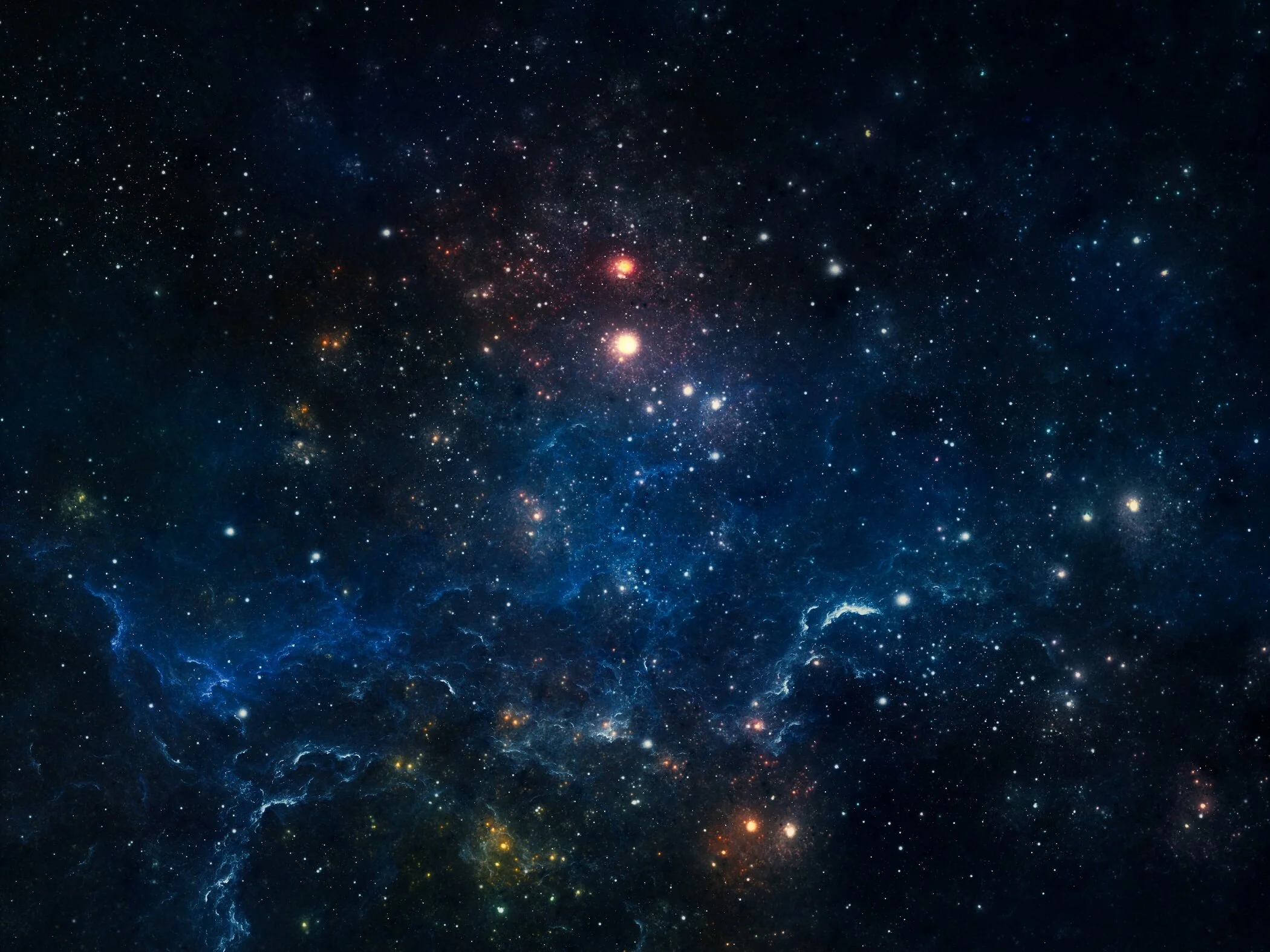Ofcom, the UK’s independent telephony regulator, has just released a Wi-Fi checker app for your smart phone. At the same time, it warned in its press release that your Christmas tree fairy lights could affect the quality of your Wi-Fi connection.
Explainer: why is the night sky black?
Explainer: why is it so hard to lose weight?
Why wine raises tricky problems for tackling excess drinking
Is it time to cut down? East Dunbartonshire, a local authority just north of Glasgow in Scotland, is launching a simple initiative to encourage people to drink less. One hundred licensed premises have agreed to ensure that they offer wine in small 125ml glasses alongside their medium (175ml) and large (250ml) measures, taking us back to the days when this quantity was the standard measure that was on sale.
Einstein’s folly: how the search for a unified theory stumped him to his dying day
Fact or fiction: can we die from a broken heart?
Dying of a broken heart is more than a myth. Takotsubo cardiomyopathy (also known as broken heart syndrome) is a condition first recognised by Japanese researchers more than 20 years ago, and it has gained a great deal of attention in Western countries in the past ten years.
Explainer: what are E numbers and should you avoid them in your diet
Six things you can do with coffee – after you’ve finished drinking it
Many of us depend on coffee to fuel our early morning meetings, mid-afternoon slumps or all-night study sessions. These days, the words “coffee” and “fuel” are half-jokingly synonymous. More than 9m tonnes of the bean are produced annually around the world and, once we brew it, an awful lot of waste is created. The vast majority ends up in landfill.
How to solve a Rubik’s cube in five seconds
The art and beauty of general relativity
Slightly more than one hundred years ago this month, an obscure German physicist named Albert Einstein presented to the Prussian Academy of Science his General Theory of Relativity. Nothing prior had prepared scientists for such a radical re-envisioning of the foundations of reality. Encoded in a set of neat compact equations was the idea that our universe is constructed from a sort of magical mesh, now known as “spacetime”. According to the theory, the structure of this mesh would be revealed in the bending of light around distant stars.
Explainer: is it really OK to eat food that’s fallen on the floor?
When you drop a piece of food on the floor, is it really OK to eat if you pick up within five seconds? This urban food myth contends that if food spends just a few seconds on the floor, dirt and germs won’t have much of a chance to contaminate it. Research in my lab has focused on how food and food contact surfaces become contaminated, and we’ve done some work on this particular piece of wisdom.
Is double-dipping a food safety problem or just a nasty habit?
What do you do when you are left with half a chip in your hand after dipping? Admit it, you’ve wondered whether it’s OK to double dip the chip. Maybe you’re the sort who dips their chip only once. Maybe you look around the room before loading your half-eaten chip with a bit more dip, hoping that no one will notice.
How Einstein’s general theory of relativity killed off common-sense physics
Gravity ties our bodies to planet Earth but it does not define the limits of the soaring human mind. In November 1915 – exactly one century ago – this was proven to be true when Albert Einstein, in a series of lectures at the Prussian Academy of Sciences, presented a theory that would revolutionise how we view gravity – and physics itself.
GI diets don’t work – gut bacteria and dark chocolate are a better bet for losing weight
The mainstays of most of the diet regimens of the last 30 years have been the GI (glycaemic index) rating score as well as its cousin the glycaemic load. Famous best-selling diet books such as the G-Plan Diet, the South Beach diet all used the index in some way and changed the way we thought about carbohydrates. Now a detailed new study published in Cell pays this score – and how we use it – some closer scrutiny.
The hidden killer in your home – and how to avoid it
Seven spectacular weather events – and what causes them
Explainer: what is interplanetary dust and can it spread the ingredients of life?
NASA recently reported that a cloud of dust was surrounding Mars high above its atmosphere. The authors of the study ruled out Mars itself and its moons Phobos and Deimos as the sources of the dust and concluded that it must come from a larger dust cloud floating around between the planets in our solar system.
What will the English language be like in 100 years?
Why cats are fussy eaters but dogs will consume almost anything
Anyone who’s watched a cat throwing up after munching on grass knows that our feline friends aren’t natural plant eaters. So you might be surprised to discover that these carnivorous animals share some important genes that are more typically associated with herbivores. And this might help explain why cats aren’t always easy to please when it comes to food.












